Peking University, December 2, 2020: Professor Bai Jianjun, director of Empirical Law Study Institute of Peking University, won the Excellent Teaching Award of 2020. Professor Bai is a prominent expert and educator at quantitative studies of criminology. In his mind, teaching is the foundation of research - the more proficient research becomes, the higher quality of teaching it ensues. Throughout his career, he believes that "the ultimate goal of research is to disseminate crucial information to the public. Teachers should not forget why they start their research."
An outstanding teacher
General Introduction to Criminology, taught by Professor Bai, is one of the most popular elective courses at PKU. Every year nearly a thousand non-law undergraduates would compete for 450 or so seats in this course. For the half who are fortunate enough to be enrolled by lottery, they must get up early to get a seat because many students will audit the class. Students speak highly of the course and give a surprising average evaluating scores of 97.14, which Bai regards as "the highest honor" he has received from PKU.
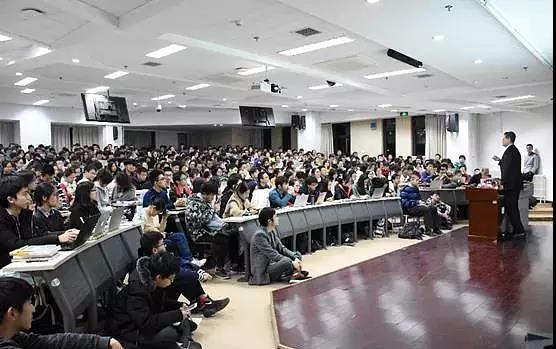
Professor Bai Jianjun lectures on the General Introduction to Criminology in Classroom 108, Lui Che Woo Building, one of the largest classroom in PKU
Good preparation is the key to promoting student engagement and success in his class. Even for his last class before retirement, he spent hours to prepare for the two-hour session. "I think a good preparation shows my respect to my students. Teachers are like farmers: only the ones who faithfully plant seeds in spring can yield a fruitful harvest in autumn." said Bai, "My humor and witty speeches attract the interest of my students while great contents provide depth to my material. Criminology is a rapidly developing, interdisciplinary field. I developed a systematic '12x12 sudoku' method to analyze it. Every year I need to update the sudoku as well as my slides and readings. In terms of feedback, students of different backgrounds always hit me with fresh ideas which helps me update my contents."
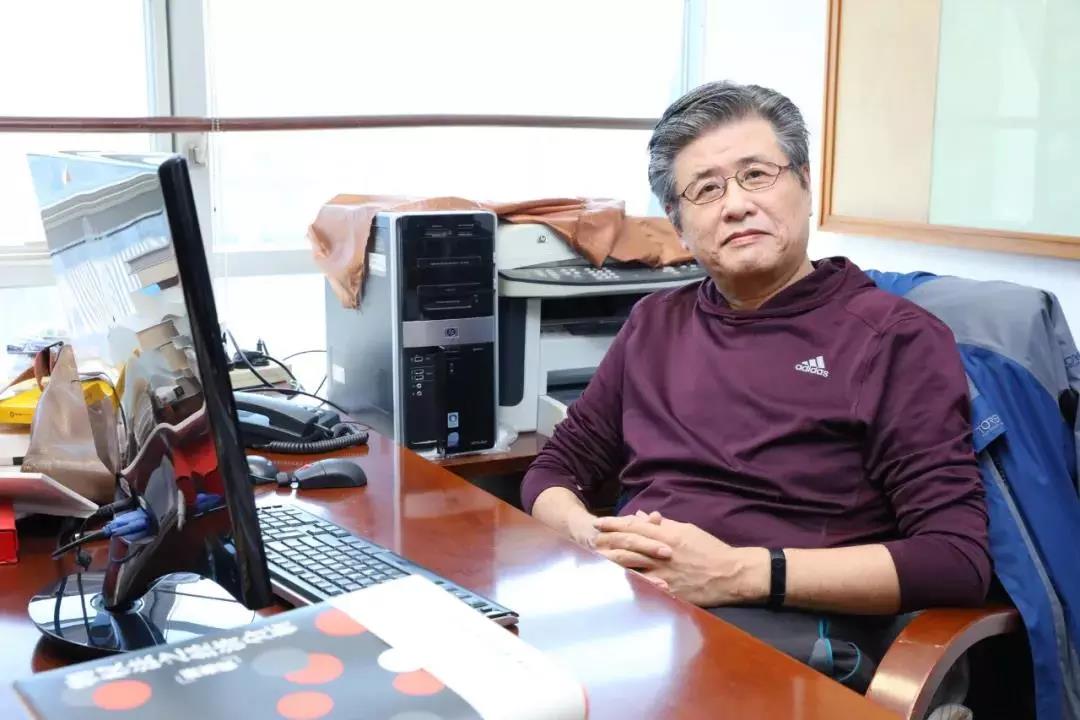
Thanks to the high standards of preparation Bai maintains for his courses, every non-law student who's ever been part of Bai's class thoroughly enjoys the exciting and intriguing class environment. Science students are often immersed in the logic of criminology due the prevalent use of statistics, tables and graphs; while humanities students are captivated in the world of criminology in terms of its philosophical, historical and aesthetic perspectives.
The education students receive in his class not only shapes their understanding of law, but also influences many aspects of their daily lives. They learn from Bai to become life-long learners and critical thinkers by embarking on countless deep explorations of the world. "Teachers play a major role in shaping their students' demeanor – for better or worse. My students would replicate my behavior, writing styles and even similar mistakes I have made before. So it's my duty to set a good example for my students", said Bai.
The way to quantitative research in criminology
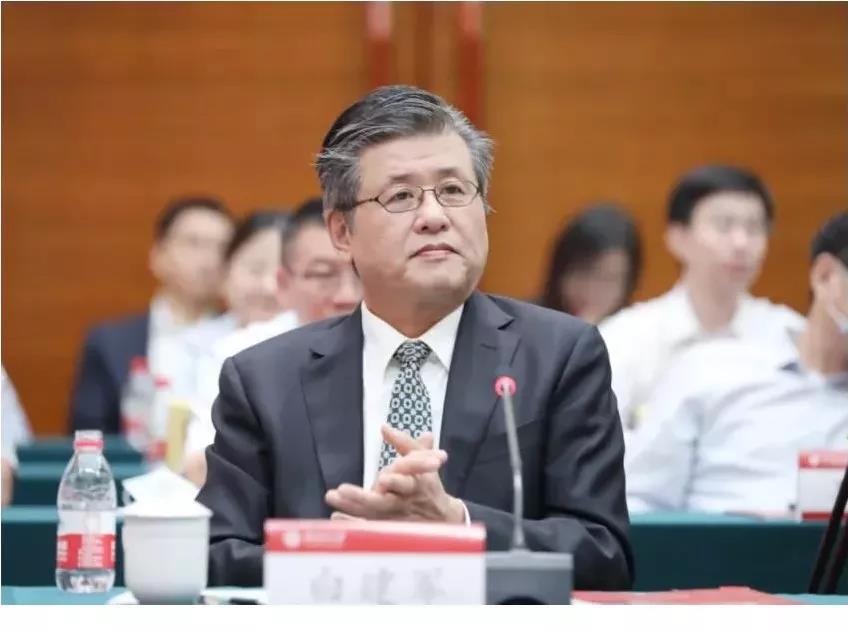
Before he went to PKU Law School, Bai willingly left the urban district of Beijing to live and work in rural areas as part of the Down to the Countryside Movement (a policy instituted in China in the late 1960s and early 1970s when urban youth were sent to mountainous areas or farming villages to learn from the workers and farmers there) in 1974. He chose the northernmost and poorest village in Beijing with the ambition to end poverty there. But to his disappointment, seven years later, "poor mountains and remote areas" had little change even after making countless adjustments. Through the hard times, however, he refused to admit defeat.
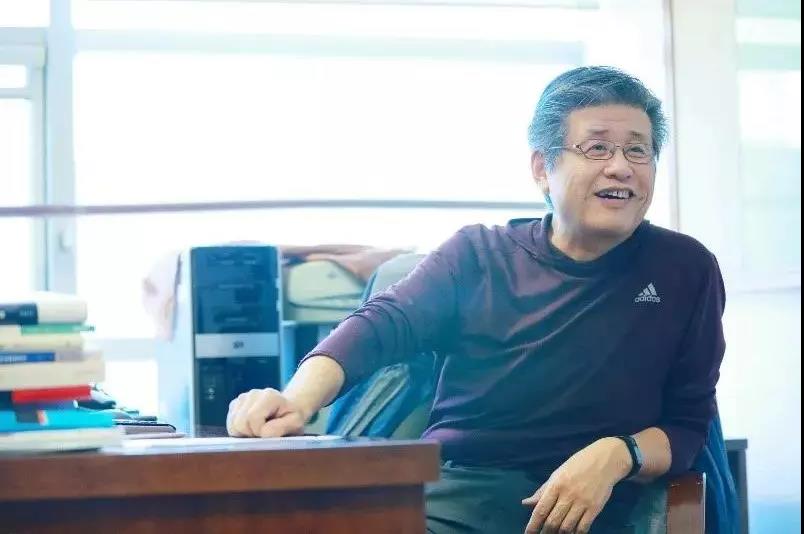
Bai, as a PKU law student, returned to the village in the 1980s. At that moment, he was surprised that the village changed dramatically thanks to the reform and opening up policy. This inspired Bai to grasp scientific truths. "I was ambitious to promote the village, but my ambitions were falsely based on my perception of the village, not the reality." He said.
During his time at PKU law school, law school teachers adopted a qualitative research method and taught general concepts like "justice" and "rights and interests", as well legal principles and policies. But his experience in the village taught him to not become easily satisfied with these concepts, so he was determined to distinguish "laws on paper" from "laws in practice". In 1984, he became the first graduate who majored in criminology and devoted his research to qualitative research methods.
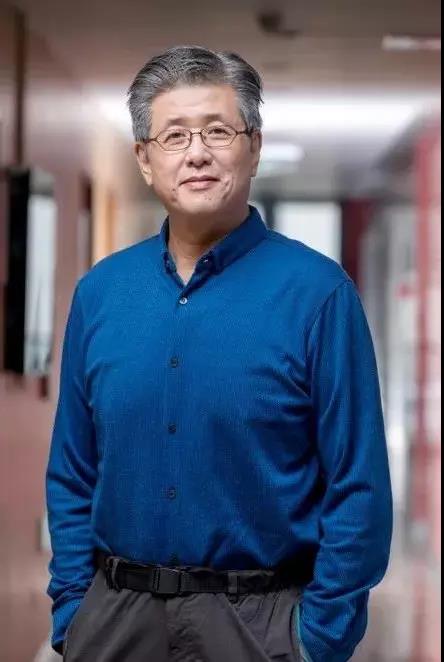
In order to measure "the extent of justice" and the reality of the justice system in China, Bai studied statistics and mathematical analysis by himself, collected cases in district courts and created the legal information database system. Most of his papers were hailed as groundbreaking, notably with one of his prominent research projects overcoming the common misconception that Chinese citizens preferred severe criminal law over the alternatives. It was based on more than 30,000 samples, and received much praise from many scholars in relevant fields.
In recent years, quantitative research has become more popular in Chinese law schools due to the emerging big data technology. As a pioneer, Bai often applied Immanuel Kant's philosophy on his daily practices, "if Kant were alive, what would he think about the reason behind the legal practice?"
"Everyone has their own uniqueness."
During his academic life at PKU, Professor Bai has experienced pressure stemming from both good and bad reasons. Every time when he made achievements, he reminded himself that everyone can be his teacher so he should remain modest. In his acceptance speech for the Excellent Teaching Award, he said, "any man you see coming in and out the Chen Ming Building (research building of Law School) can be an excellent scholar who's more capable than I am. The reason why I'm standing here today is simply because I just took the chance they didn't apply for." At stressful times, he always held the belief that he has his own uniqueness, which helped him persevere and maintain his confidence during difficult times, as well as moments when he's experienced misunderstandings, particularly when he first started teaching quantitative studies of criminology.
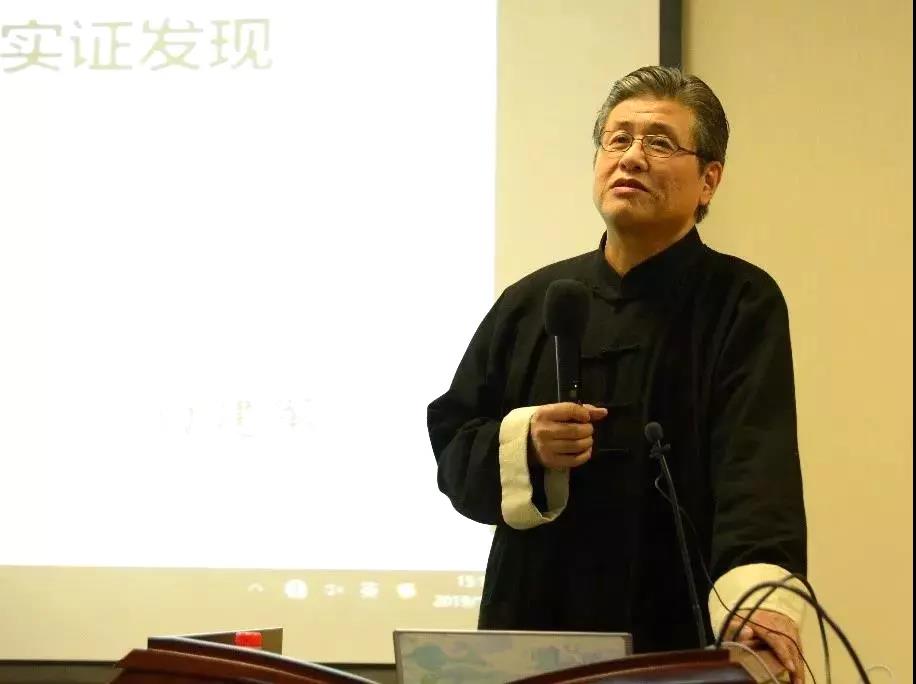
"This kind of belief is worth adopting," said Professor Bai, "especially when you are in a unit surrounded by elites. It helps you relieve your pressure and become a better person. A community comprised of the nation's greatest scholars is where you should be." Bai considers the Law School as a unit, propelling him to maintain his motivation and gather abundant resources for further self-growth and self-explorations. He regards this as a fundamental feature of PKU Law School.
Fun things to do in retirement
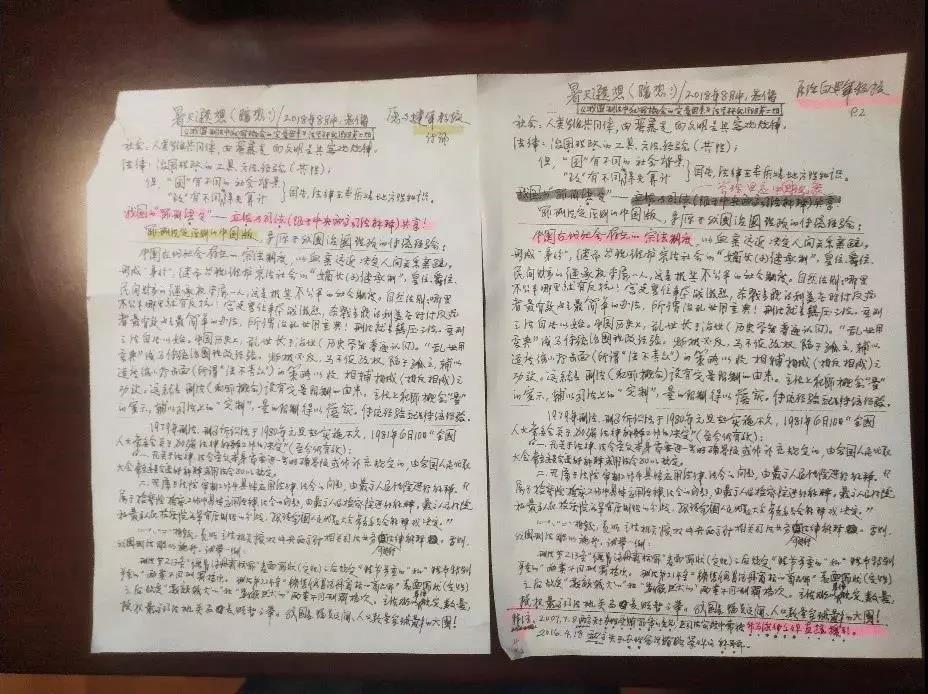
Professor Chu Huaisik sends his research note to Professor Bai
Emulating his tutor Professor Chu Huaisik who keeps learning and researching at the age of 86, Bai plans to do the same. Besides taking part in research, Bai has also taken up Saxophone as his leisure hobby, as well as practicing oral English by taking online classes and doing yoga and Pilates during his spare time. "By doing these activities, I can exercise my brain," Bai smiled, "My brain is surely aging, but I just want that day to come a bit later." He has kept playing the Saxophone for nearly a whole year. "All these things are fun, especially the academic part. I am excited at the research topics and databases at hand." said Professor Bai.
Written by: An Xinyu, Ye Yimeng
Edited by: Rose Li, Zhang Jiang
Photo credit to: Bai Jianjun, An Xinyu, Ye Yimeng, PKU Media Center